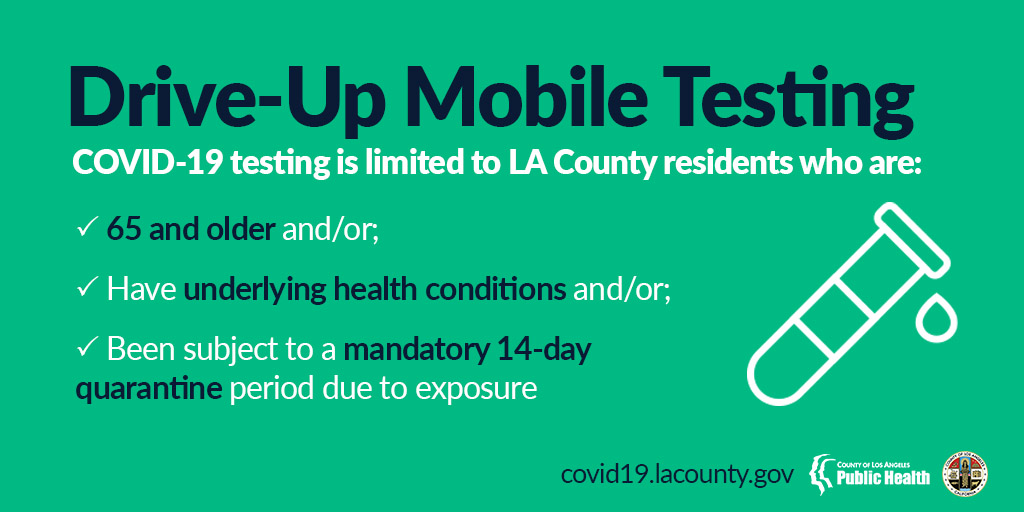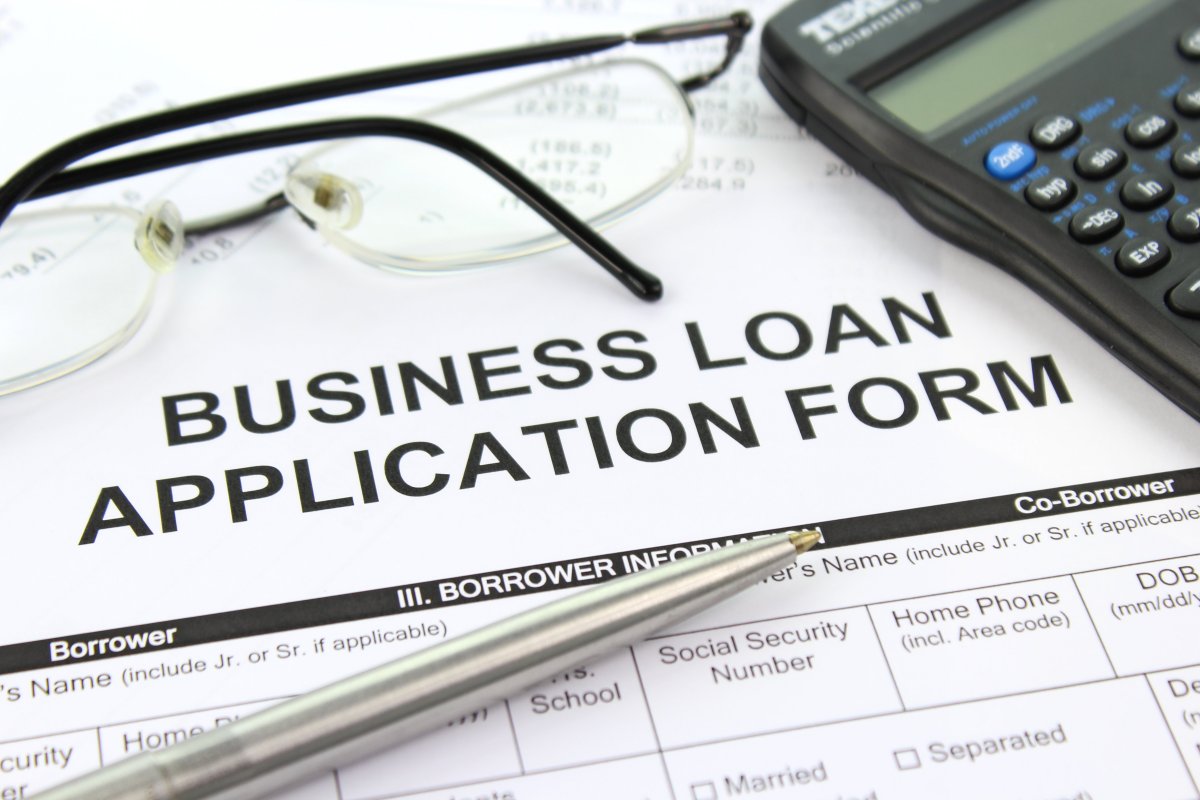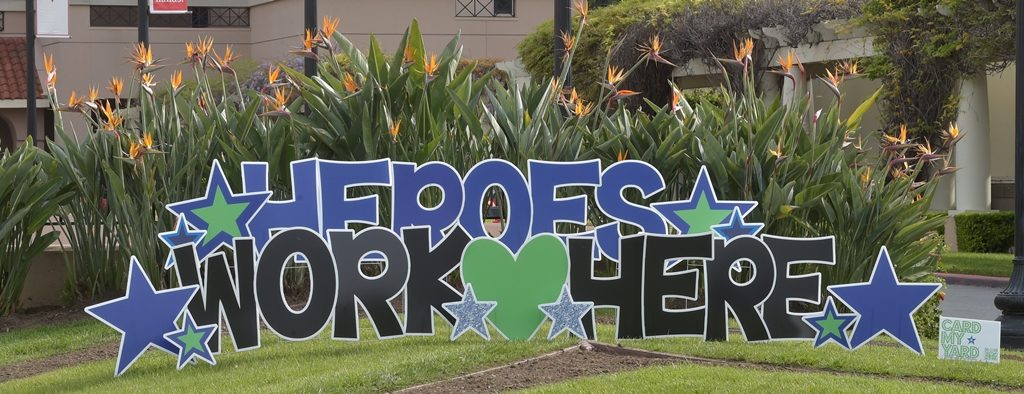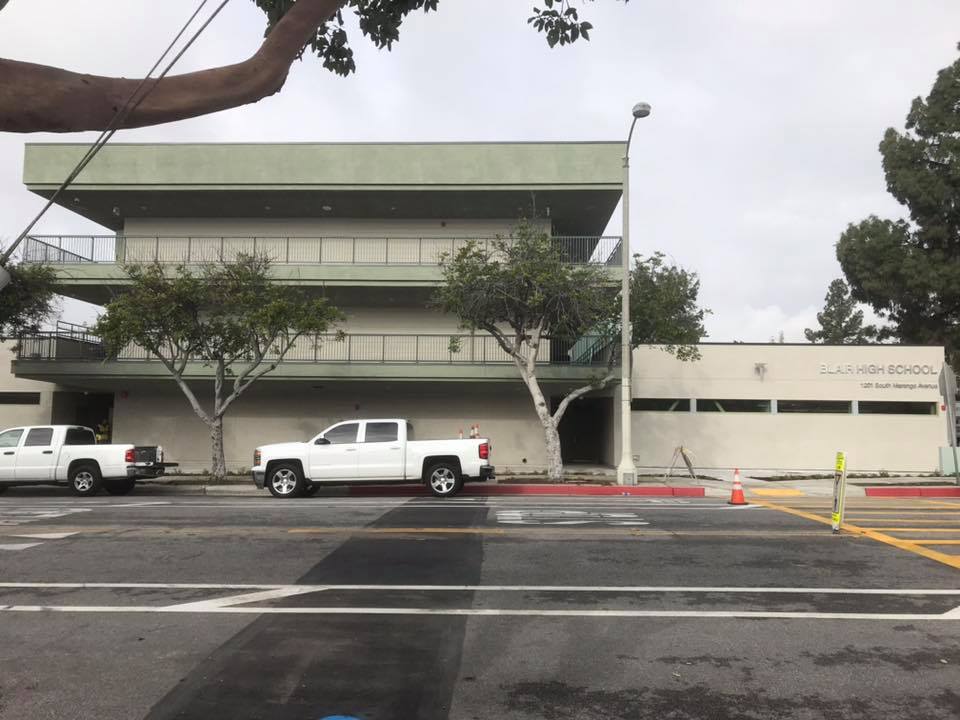At Tuesday’s meeting, the Monrovia City Council approved an Urgency Ordinance that prohibits residential eviction for nonpayment of rent and no-fault evictions. The ordinance went into effect immediately and will remain in place during the duration of the local emergency proclamation.
As long as the local emergency declaration remains in place, no residential property owner or landlord is to evict a tenant, or threaten to do so, for nonpayment of rent, late fees or other fees if the landlord knows the tenant cannot pay due to financial impacts from COVID-19. Landlords also cannot take action on a no-fault eviction unless immediately necessary for the health and safety of tenants, neighbors, or the landlord, other than based on illness of the tenant or any other occupant of the residential rental unit, which shall be confirmed by the City’s Building Official prior to eviction.
Tenants must inform landlords in writing of inability to pay full rent, late charges or other fees due to financial impact or expenses related to COVID-19 within seven days after the rent is due. Within 30 days after the date the rent is due, tenants must provide written documentation to the landlord to support the tenant’s inability to pay all or part of the rent due. According to the ordinance, “No landlord shall take action to evict a tenant solely because the tenant is unable to provide adequate documentation of financial impacts related to COVID-19 within the time provided by this Ordinance if the tenant is unable to contact the tenant’s employer or other source of income and continues to make good faith efforts to do so.”
Financial impacts related to COVID-19 include a loss of income due to the tenant’s diagnosis of coronavirus, the tenant’s need to care for household or family member diagnosed with the disease, and out-of-pocket expenses related to diagnosis and treatment. Tenant’s whose monthly income has been impacted due to business closures, layoffs, loss of hours or wages, or other employer impact are covered. Tenants whose child care costs have risen due to school closures are also included.
Tenants can submit written notifications from employers, written documents from doctors or health care providers, pay stubs showing comparisons of income, time cards, medical or childcare bills, and bank statements or deposit records to their landlords to prove financial hardship caused by COVID-19.
Tenants should still pay rent due, in full or a portion, if able to do so. The ordinance does not relieve tenants of liability for unpaid rents. In fact, tenants must pay rent owed in full within six months of the termination of the local emergency. The ordinance encourages landlords and tenants to formulate a payment plan for rent due during the emergency period. If tenants do not pay rent owed six months after the local emergency ends, landlords may charge a late fee for rent that is further delayed or evict tenants. However, “No fee for the late payment of rent shall be charged by a landlord during the period of the local emergency or for six (6) months after the end of the emergency.”
The ordinance prevents the enforcement of nonpayment eviction notices and no-fault eviction notices served or filed on or after March 13, 2020.







